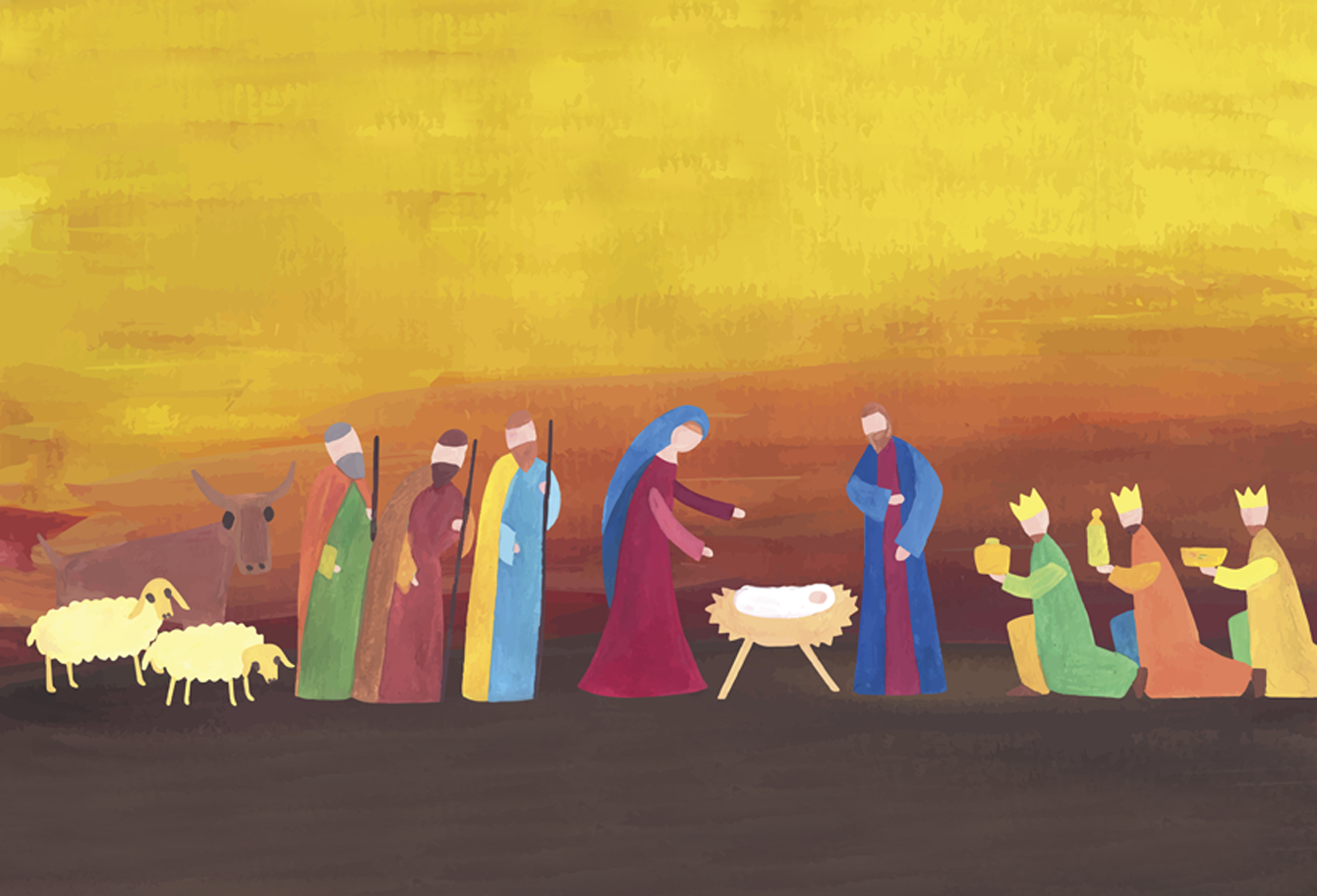Dear friends,
It is a pleasure to bring greetings to all who are members of Christian KiwiSaver Scheme, the Anglican Church’s clergy Pension Fund, the Retire Fund, and all our friends and supporters. May our infant saviour give you the joy of the Bethlehem shepherds, the awe of the sages and the humility of the holy family.
It is likely that by the time you read this message you will have sung a Christmas carol or two. There tend to be three kinds of carols. One is: “Isn’t it time we stopped and had a jolly good time?” This is the category of “We wish you a merry Christmas,” and “Santa Clause is coming to town.” Then there is the kind of carol that says, “Isn’t the baby sweet?” of which there are many including “Away in a manger” and “O little one sweet, O little one mild.” And then there are the carols that contain some pretty incomprehensible ideas that should have us trembling. You will be pleased to know that if, as Christians, we wish to keep a good Christmas, it is to these carols we need to turn.
Take, for example, verse two of “O Come all ye faithful”:
Light of Light
Lo! He abhors not the Virgin’s womb;
Very God,
Begotten not created.
These are ancient words dating from the fourth century and that, amazingly, we are still singing today. They set out who is at the centre of the Christmas story. The answer, of course, is God. In the birth of Jesus, the life of the eternal God is born in time. The fourth century teachers of the faith were trying to explain how the life of God could flow into creation in human form, and yet leave God undiminished. The answer, they said, was like lighting a candle from another candle leaving the light of the first undiminished; “Light of Light”. A Christian Christmas celebrates God’s divine life coming into the world in a whole human life, hallowing our humanity, transforming creation, and uniting us to God.
At Christmas, then, we celebrate God being present in a new way. God’s way of making a difference is by living as humanly as you and I do. God doesn’t work by ‘breaking in’ to the world from the outside, but by filling it from within, by filling creation with the divine life of God, so that there is no place where God is absent. For in Jesus there is no gap where humanity stops, and God starts. The birth of Jesus, the birth of the divine life into our world, proclaims that all creation is soaked through with God’s life. The carol, “Hark the herald angels sing” puts it this way (using an inclusive language version): “Hail, the incarnate Deity, pleased in human form to dwell, Jesus our Emmanuel.”
Jesus, however, is no superman. He is dependent. He weeps. He is tested. He faces death. His will sometimes wobbles, but the decisions are made, and his mission moves forward. In fact, the message of Christmas is that God takes massive risk to be in relationship with us, entrusting himself to unreliable human beings, to bring fullness of life and love into the world. In the birth of Jesus, God says, each human life is so valuable, that you and I are worth risking everything for, that there is no risk too great to take or gift too big to give to bring fullness of life to you and me. God thinks every single one of us can reflect the life and generosity of God and that each of us is worth risking everything for. Jesus is born into this world because God thinks our humanity, and the humanity of every person, is supremely worthwhile.
If we are to keep a good Christmas then, we have to ask hard questions of ourselves. Because if God thinks so highly of each person, how do I overcome my fears of those who are ‘other’ to me? How can I feed the hungry, give water to the thirsty, welcome the stranger, give clothing to the naked, care for the sick, and visit those who are in prison? (Matt 25:34-36). For Christmas declares that God’s solidarity with us is so deep and total, that when we see Jesus in the manger, we not only see the fullness of God, but we see God valuing our humanity beyond our imagining.
And because of that, we come before the new-born Christ filled with wonder and awe, and with humble and repentant hearts.
May I take this opportunity to thank the Board and the Investment Committee of Anglican Financial Care, our new Chief Executive, Margaret Bearsley, and her team, for their amazing work supporting all of us this year. And may God give us all the gifts and the grace we need to keep a good Christmas.
The Very Rev’d Lawrence Kimberley
Chair of Anglican Financial Care
Dean of Christchurch






